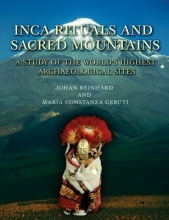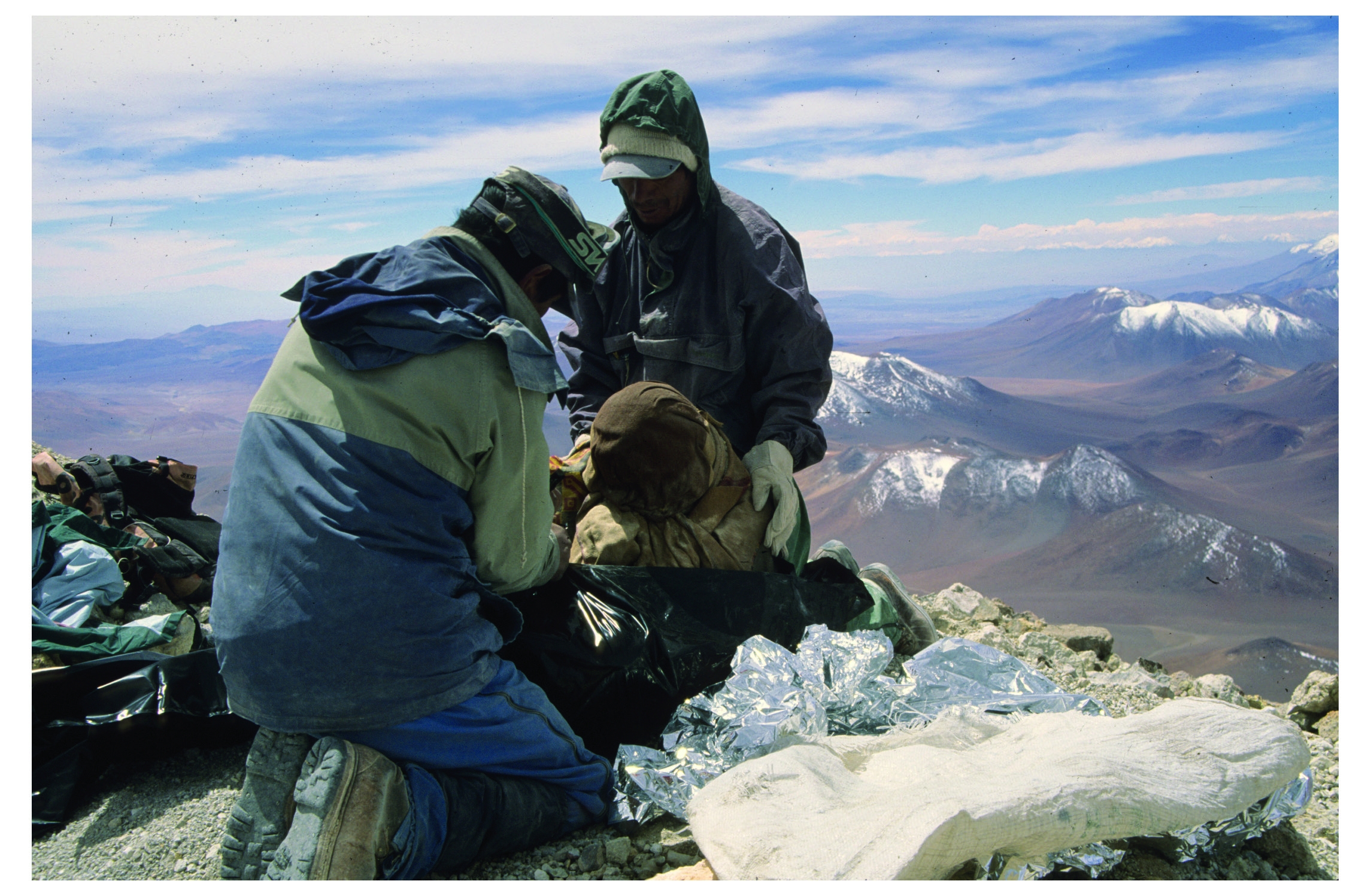Inca Rituals and Sacred Mountains: A Study of the World's Highest Archaeological Sites

Backlist
Series: Monographs 67ISBN: 978-1-931745-77-2
Publication Date: Dec 2010
Price: Hb $25.00, Pb $15.00
Order this book here!
- Print: Order from our distributor
- Open Access: PDF
Return to catalog
Johan Reinhard and Maria Constanza Ceruti
The Incas carried out some of the most dramatic ceremonies known to us from ancient times. Groups of people walked hundreds of miles across arid and mountainous terrain to perform them on mountains over 20,000 feet high. The most important offerings made during these pilgrimages involved human sacrifices (capacochas). Although Spanish chroniclers wrote about these offerings and the state sponsored processions of which they were a part, their accounts were based on second-hand sources, and the only direct evidence we have of the capacocha sacrifices comes to us from archaeological excavations.Some of the most thoroughly documented of these were undertaken on high mountain summits, here the material evidence has been exceptionally well preserved. In this study we describe the results of research undertaken on Mount Llullaillaco (6,739 m/22,109 feet), which has the world’s highest archaeological site. The types of ruins and artifact assemblages recovered are described and analyzed. By comparing the archaeological evidence with the chroniclers’ accounts and with findings from other mountaintop sites, common patterns are demonstrated; while at the same time previously little known elements contribute to our understanding of key aspects of Inca religion. This study illustrates the importance of archaeological sites being placed within the broader context of physical and sacred features of the natural landscape. 


